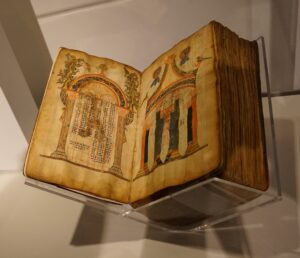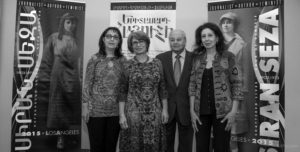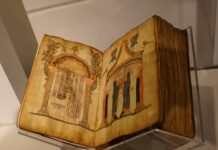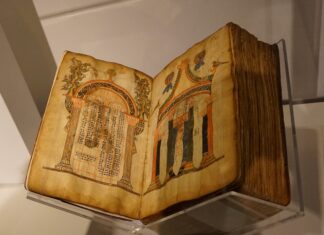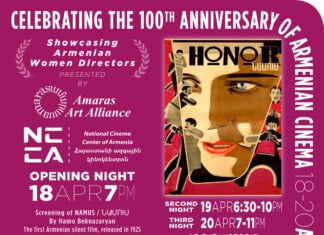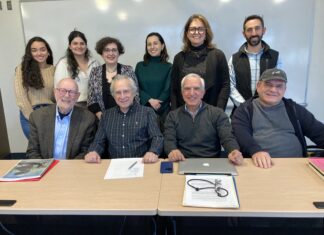ALTADENA, Calif. — Tekeyan Cultural Association’s Los Angeles Chapter, in collaboration with Istanbul Armenians’ Cultural Association and the Armenian International Women’s Association (AIWA), organized a public forum to present two recently published books by the late Siran Seza.
This event took place on Thursday, November 5, at the Tekeyan Cultural Association’s Beshgeturian center in Altadena. Despite the fact that it was a weekday, there were well over 150 people in attendance. Nazig Kojayan was the mistress of ceremonies.
Siran Seza, born Siranoush Zarifian in Istanbul in 1903, the sister of one author Mateos Zarifian. After her primary education in an Armenian school, she attended the American College for Girls and then traveled to the United States to get her higher education at Columbia University in New York. She then returned to Beirut, and became an ardent advocate for women’s rights. She passed away in 1973.
Maria Krisian was called upon to present Seza’s first book, Book of Genesis (Kirk Tznntots). It is a fascinating third-person account, written simultaneously as both a memoir and a novel that tells the story of a young heroine growing up under difficult circumstances. As the story develops, the reader follows along as the young protagonist gradually evolves into an independent person with a grounded, relatable point of view articulating pointed and insightful convictions on social affairs. This book reveals a perspective from an innovative author who was far ahead of her time.
Next, Silvia Kachigian, representing AIWA, took to the podium. Kachigian called Seza a pioneer for feminism who invited Armenian women to stand up for their rights and independence. Seza, Kachigian continued, promoted gender equity and criticized “stagnant minds” in her monthly publication of the journal Yeridasart Hayouhi, (The Young Armenian Woman) founded in 1932. This journal was published from 1932 to 1934 and then from 1947 to 1968.
